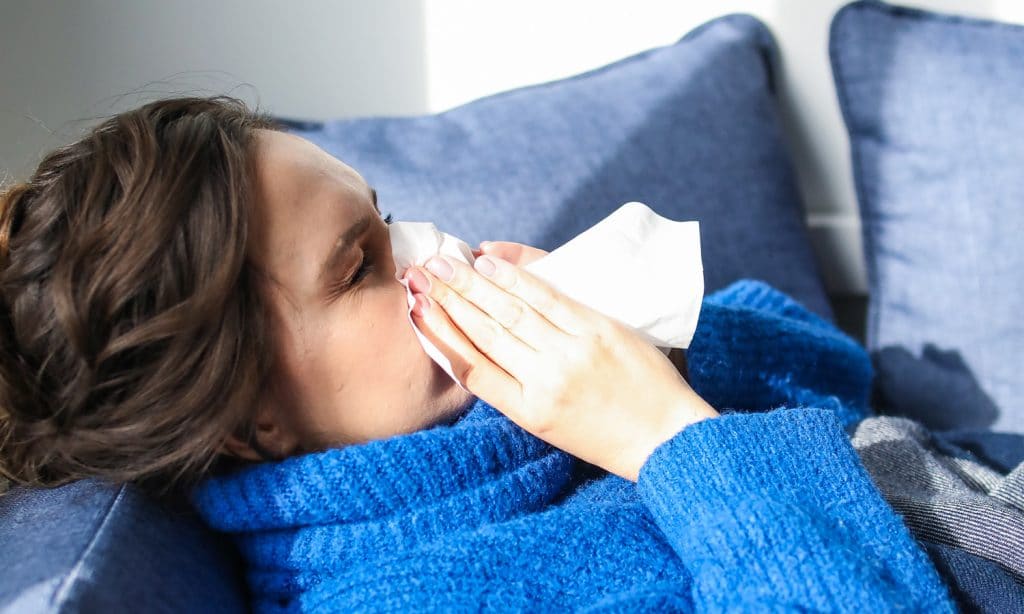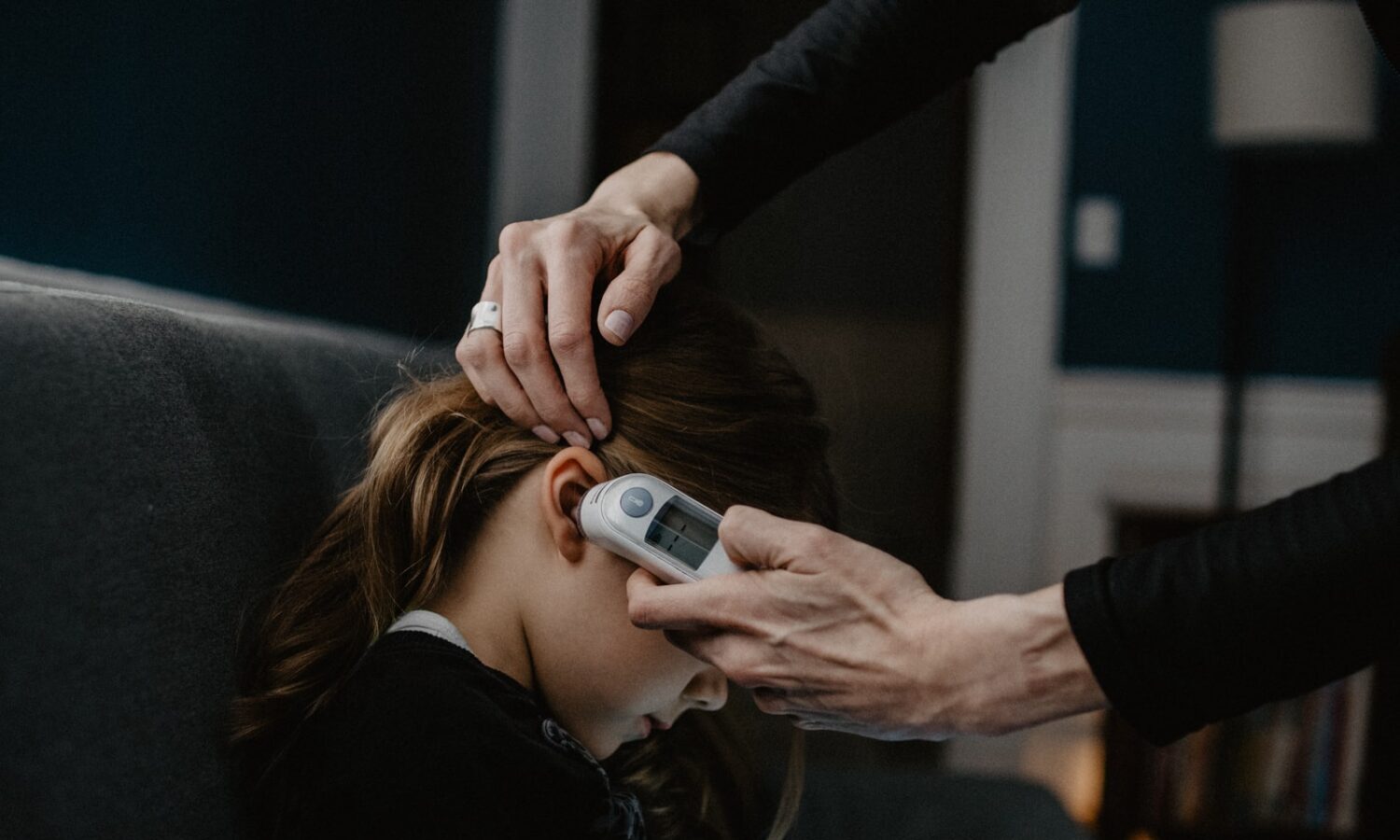Monkeypox is a viral disease first reported in the ’70s. So, why is it making the rounds again? Here’s what you should know.
If you’ve been online recently, you likely spotted a few discussions regarding Monkeypox, a rare viral disease that’s raising alarms for people all over the world once again.
But what exactly is it and why is it affecting more people than it used to?
Monkeypox was first spotted in Africa in the 1970s. It’s an infection transmitted from animals to humans, but it can also be transmitted person-to-person “through the exchange of large respiratory droplets during prolonged face-to-face contact,” according to NBC News. “People can also get exposed through direct contact with bodily fluids, the lesions that form during an infection, or contaminated items like clothing or bedding.”
While it’s rare, the virus has been spotted in 11 countries so far, including the U.S., U.K., Canada, Spain, Portugal, and Australia, suggesting that something in its genetic makeup might have changed and made it more transmissible to humans.

RELATED: How Many Times Can You Get COVID-19? Here’s What Experts Know
The virus is similar to smallpox, causing bumpy rashes that affect different parts of the body, usually starting with the face. Monkeypox usually affects people for one or two weeks, with as many as 10% of people dying from it. According to new numbers reported by the U.K., the strain that is there now has a fatality rate of 1%.
When it comes to why it’s spreading now, experts don’t have enough information to say definitively, but there are some theories. Gizmodo reports that the virus could have evolved and become more transmissible among humans, that another animal could have gotten involved and facilitated transmission, or that its spread relates to smallpox and the fact that we eradicated it some years ago thanks to a global mass vaccination program in the ’80s. As time has passed, our collective immunity has changed, perhaps allowing for a virus like monkeypox, that’s of the same family as smallpox, more contagious to humans.
“This ‘declining immunity’ is less due to waning immunity at the individual level, and more due to people with immunity dying, and people without immunity being born and then staying non-immune,” said Jo Walker, an infectious disease expert.
RELATED: Long COVID Numbers Are Increasing — Here’s How To Know If You Have It
The initial symptoms of monkeypox are typically flu-like, including fever, headaches, chills, muscle weakness, etc. This is followed by swollen lymph nodes and a rash that affects the face and body, which are painful and filled with liquid. The disease can be acquired through close contact with an infected person, including contact with the wounds and lesions, infected clothes and linens, or extended face-to-face contact.
There are no drugs available to treat monkeypox, but doctors can treat the symptoms. And while there is a vaccine, it’s not widely available. According to the Centers for Disease Control, “in the event of another outbreak of monkeypox in the U.S., CDC will establish guidelines explaining who should be vaccinated.”


